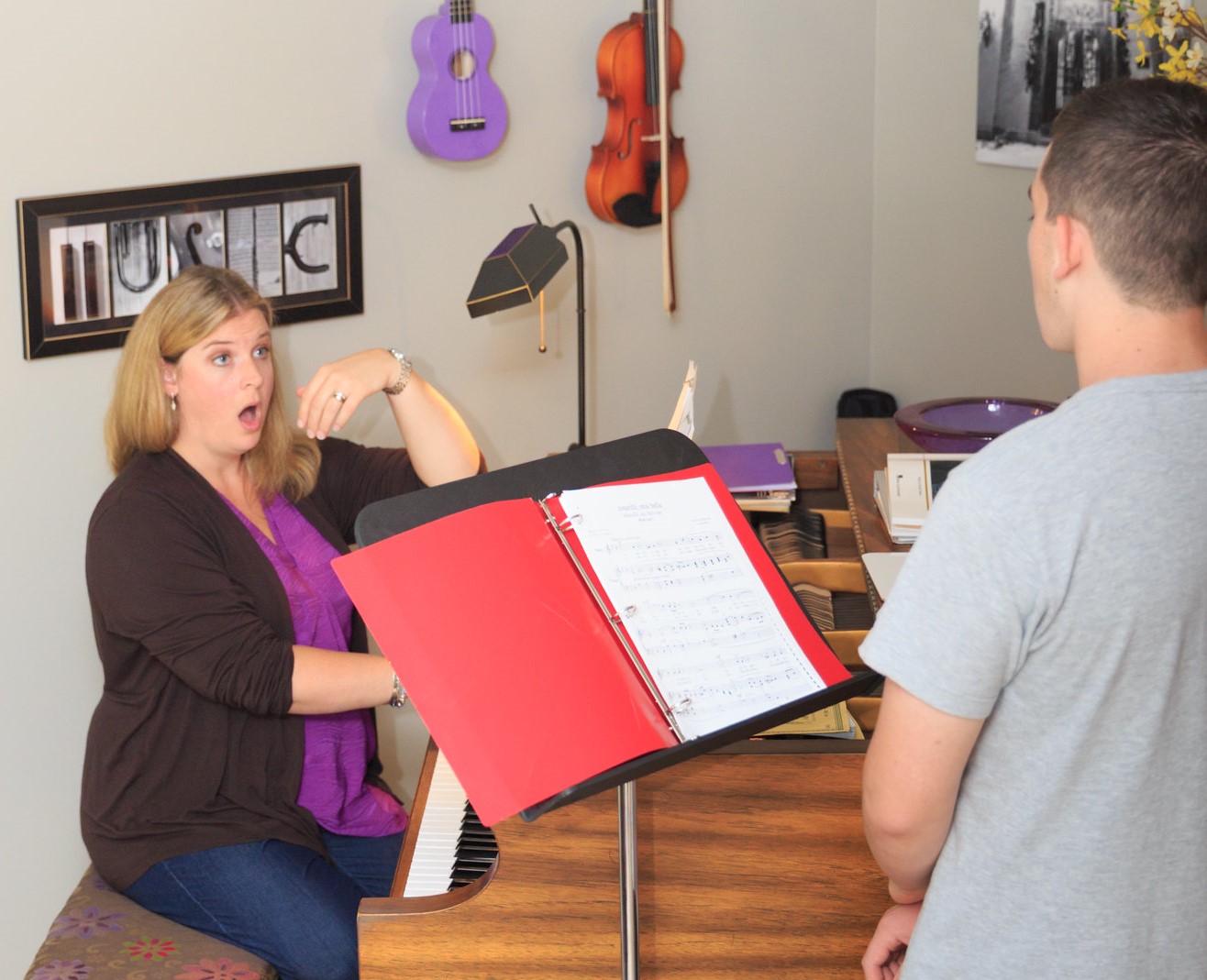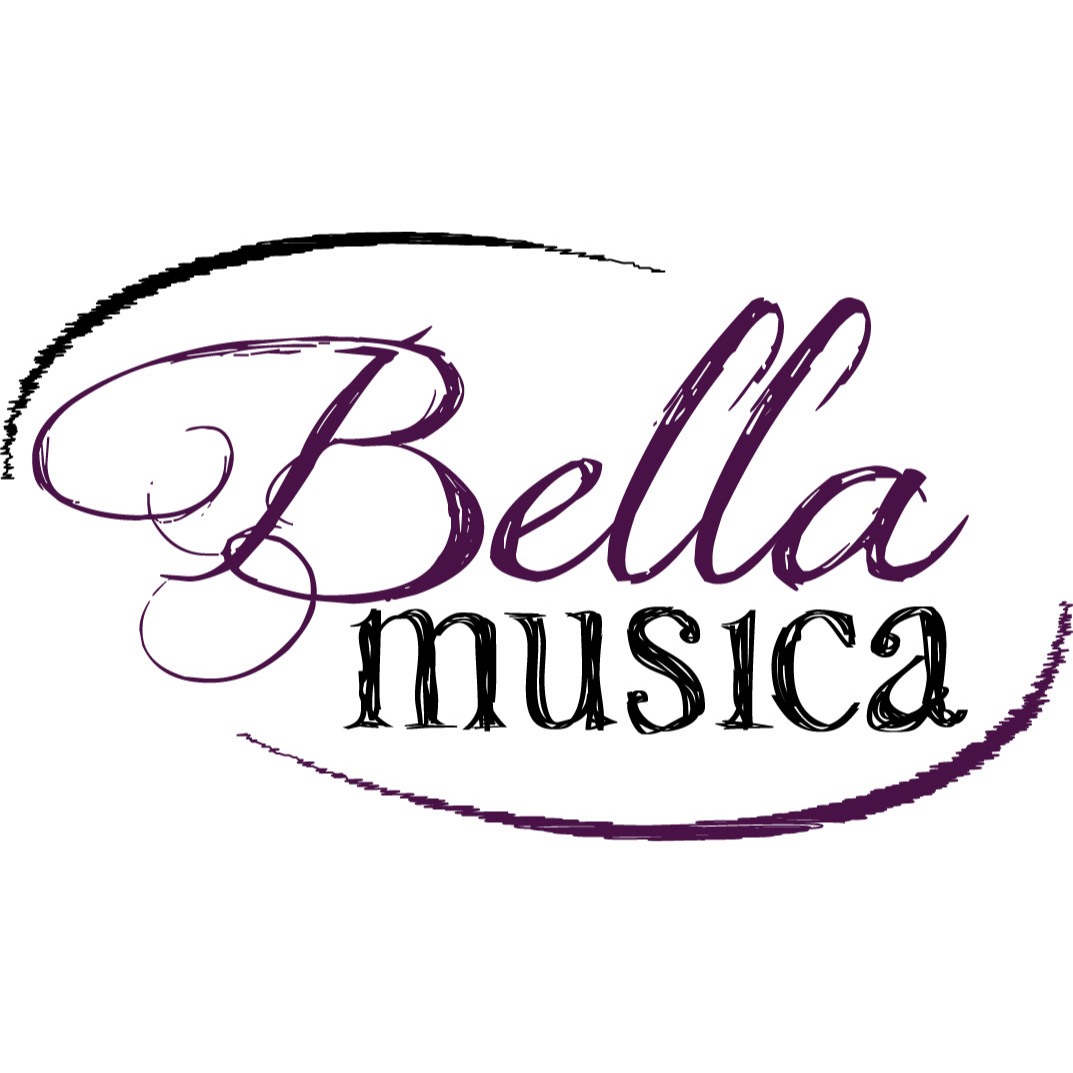Slowing down…I think one of the latest buzz words floating around out there is mindfulness – the quality or state of being conscious or aware of something. A quick google search revealed, that this word was barely (like not at all) used before 2000, with an astronomical spike in its use in 2019. Social media says we’re using the word all the time and learning about how to “practice it.” But, do we need to set aside time each day to “practice it” – checking it off like an item on a to-do list that once done, means we can resume our harried hustle and bustle pace? I’m sure that this dedicated time does a body good. But why can’t we also incorporate it more into our everyday lives? There are times we do need to “put a little speed into it,” as my mother would say when I was taking too long to get ready for school. But then there are times when we need to do just the opposite.
When we slow down we make less mistakes.
When we slow down we can improve the quality of our output.
When we slow down we are forced to prioritize.
Maybe we won’t be able to do as much. But I would argue that maybe the things we couldn’t get done, didn’t need attending to in the first place. These are great thoughts for a more mindful, even healthier, life in general. But, I think these things can also be applied to our musical endeavors.
Musical Mindfulness and Slowing Down….
The piece you are working on has a tricky rhythm, note pattern, or other technical challenge. Slow Down!
Play or sing through the section slowly – painstakingly slow if need be. This avoids delays and interruptions in the tempo that can occur when we learn something incorrectly. As you begin to bring it back to performance tempo, keep an out for mistakes. Slow down again if they creep back in and repeat the process.
The audience needs to breathe! Slow Down!
Remember that listening to the music is as important as performing the music. The listener needs time to process what they hear. Good composers know this and will write in things like rests, fermatas, caesuras, tempo changes, and the like – trust them!
You, the musician, need to breathe! Slow Down!
Pianists, before you start to play a note, get in the habit of doing the following:
- With your hands on your lap, inhale through your nose and think about how you want the first 2 or 3 bars to sound.
- Then place both hands in the ready position for the piece and begin
This takes less time than you think (like only a few seconds), but sets you up for success. Bonus – it can also calm your nerves in a performance setting!
Singers, as the prelude or introduction to your piece is being played, inhale through your nose and send the air as low as you can (aim for the belly button). Then breathe the way you have prepared, from a technique perspective, for the beginning of the piece.
Making less mistakes, improving the quality of your musicianship, and prioritizing your learning may seem like a slower process than just hurrying up through a piece from start to finish. But, this mindful music-making method will make you a smarter musician, resulting in lasting progress, ultimately propelling you to higher levels of musicianship.
Work Smart, not just hard.
Take a breath – and slow down for mindful music making!
NOT TAKING LESSONS YET?
BECOME A MEMBER
If you are interested in voice or piano lessons and are ready to find out all the details. Hope on over to our Memberships page and choose the one that fits you! And if you aren’t sure what you need, let’s figure it out!




